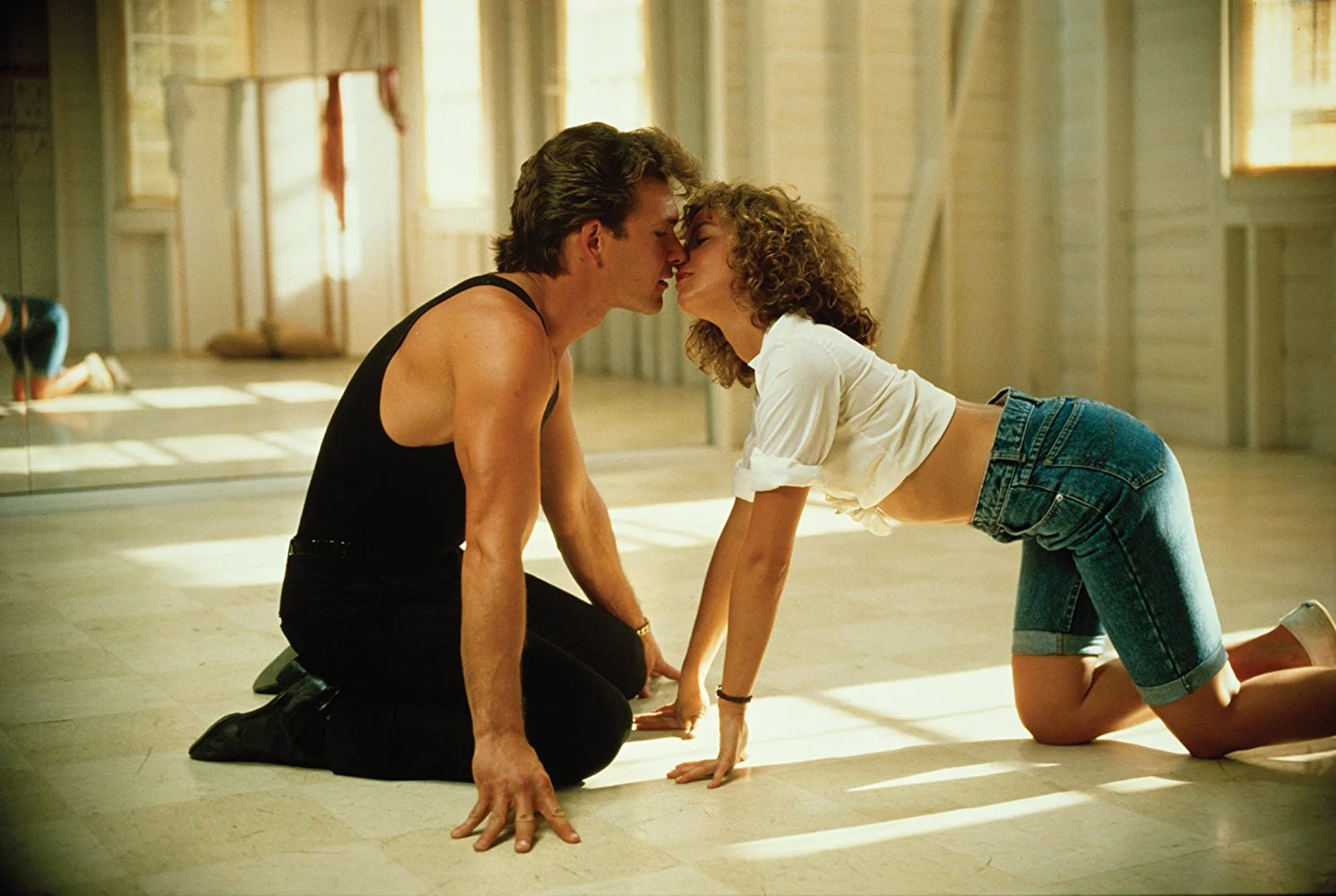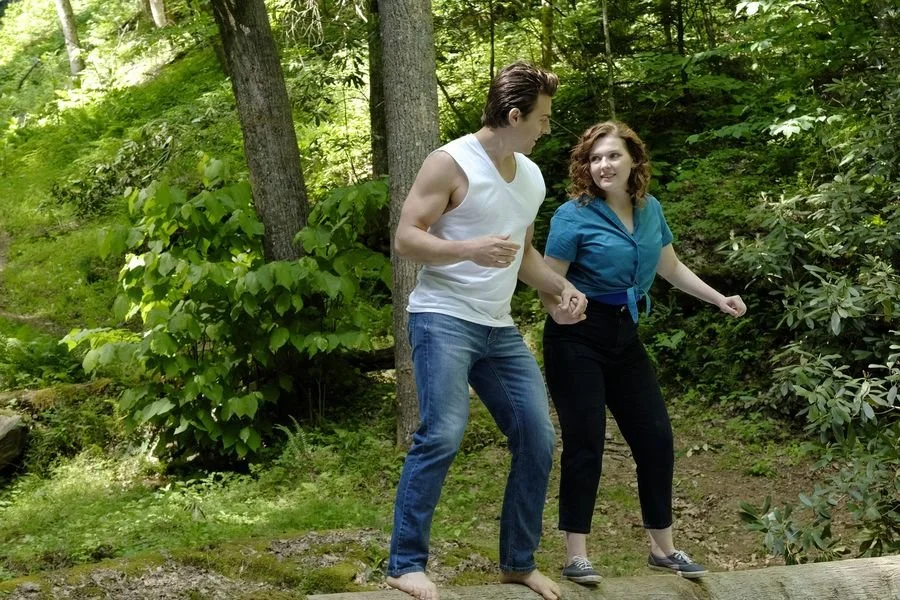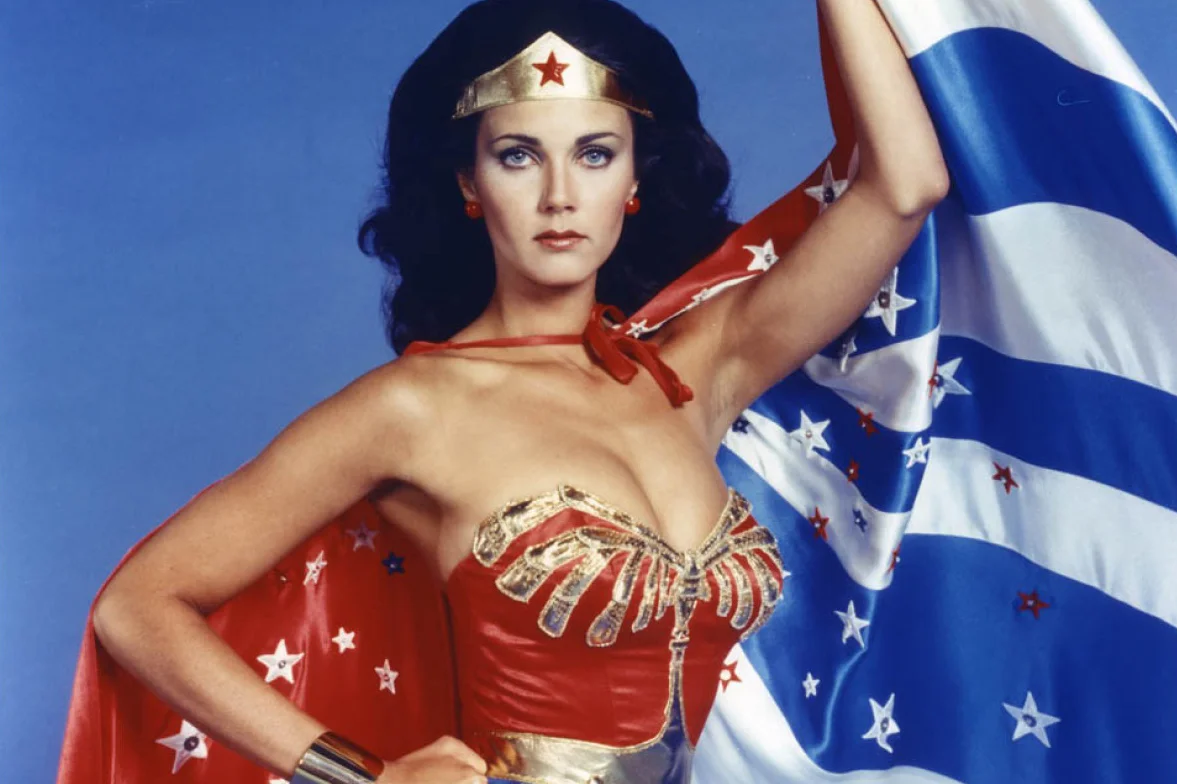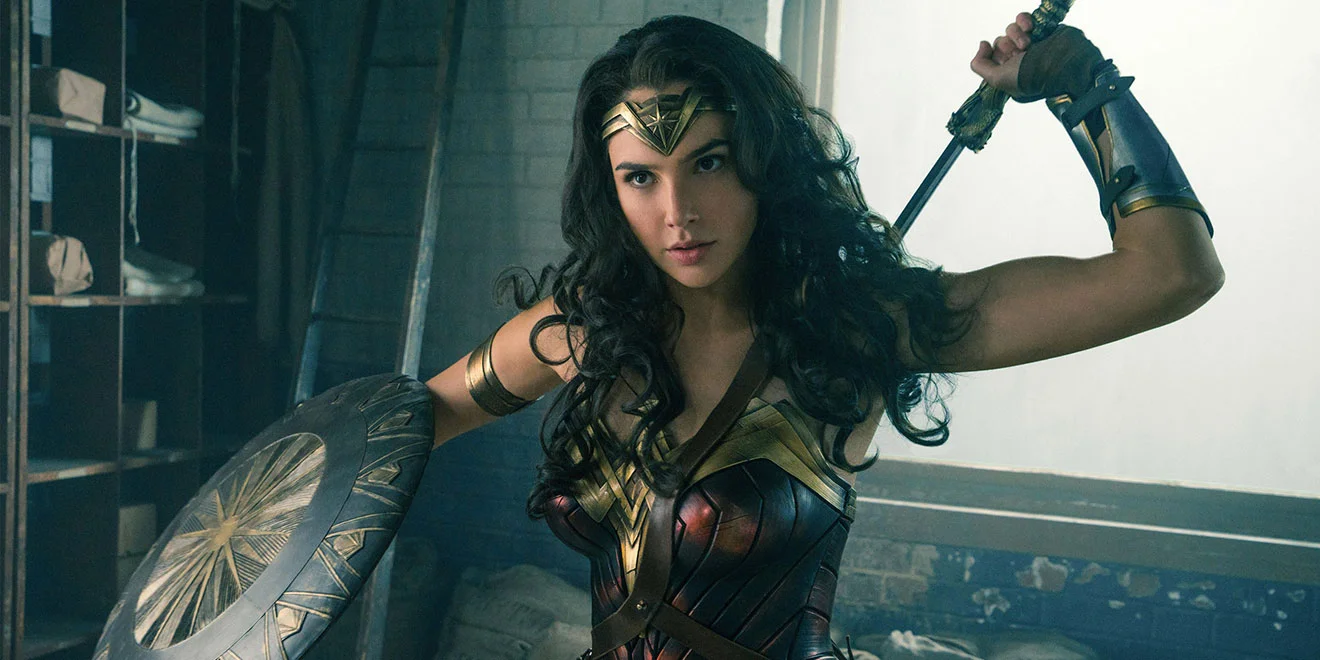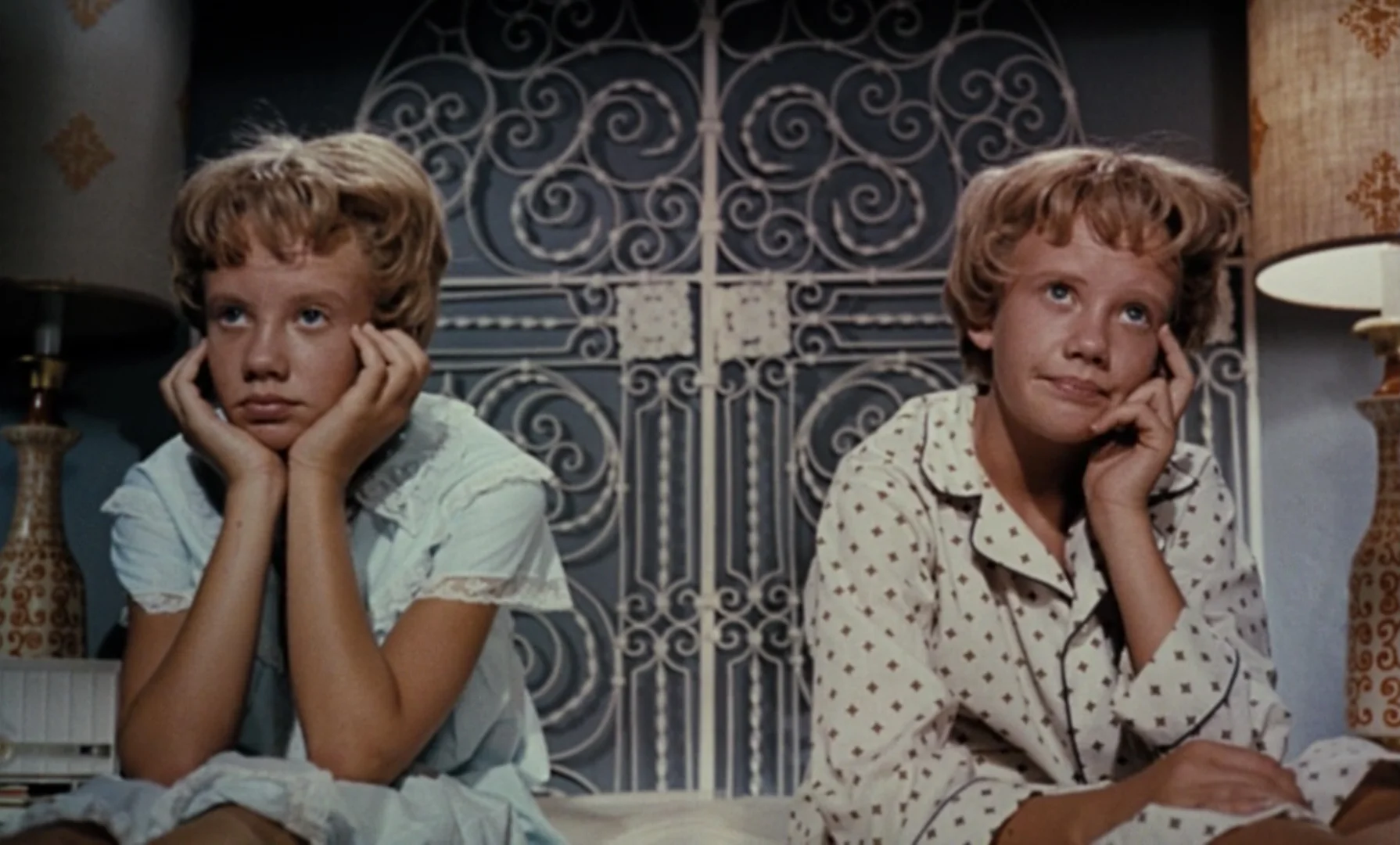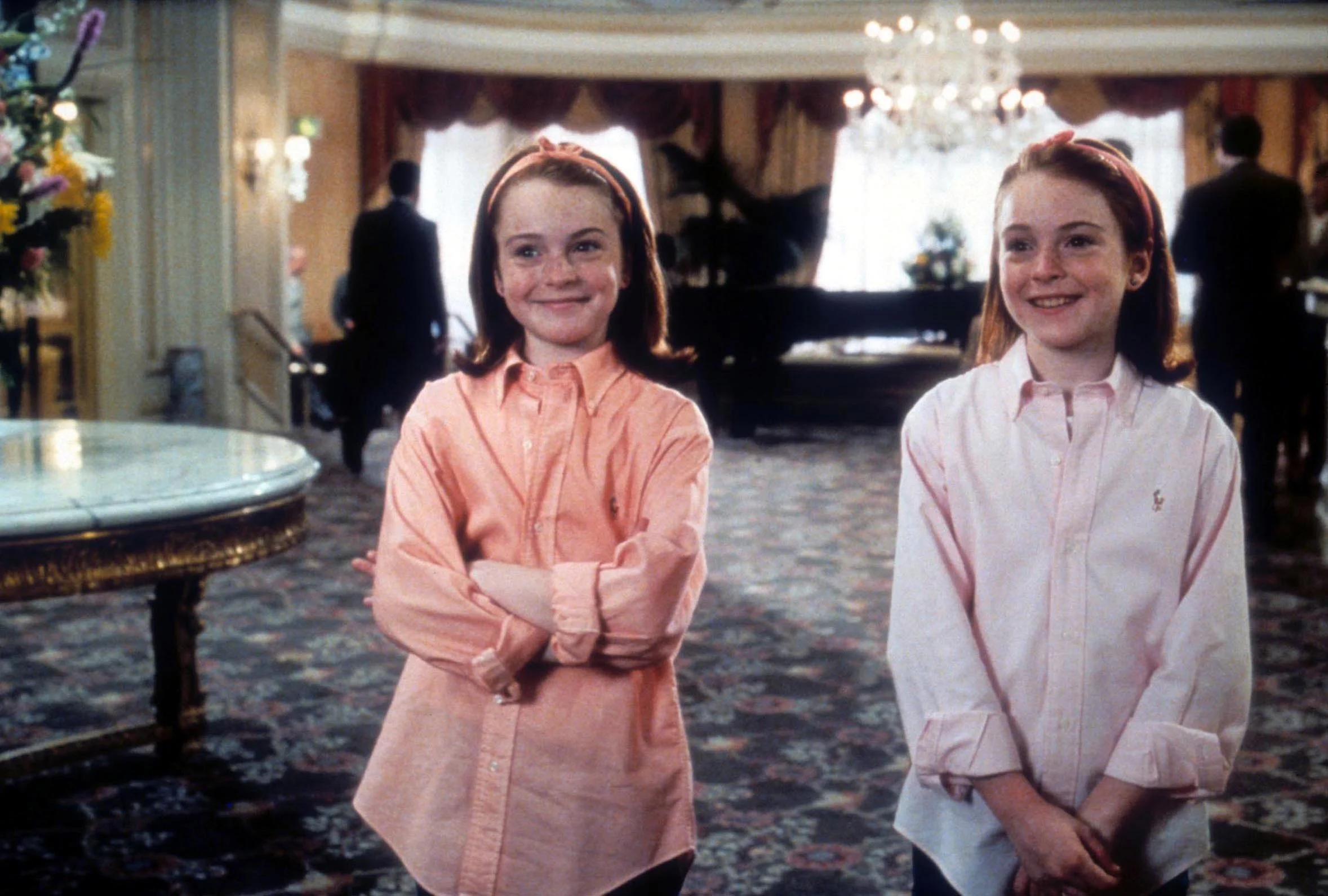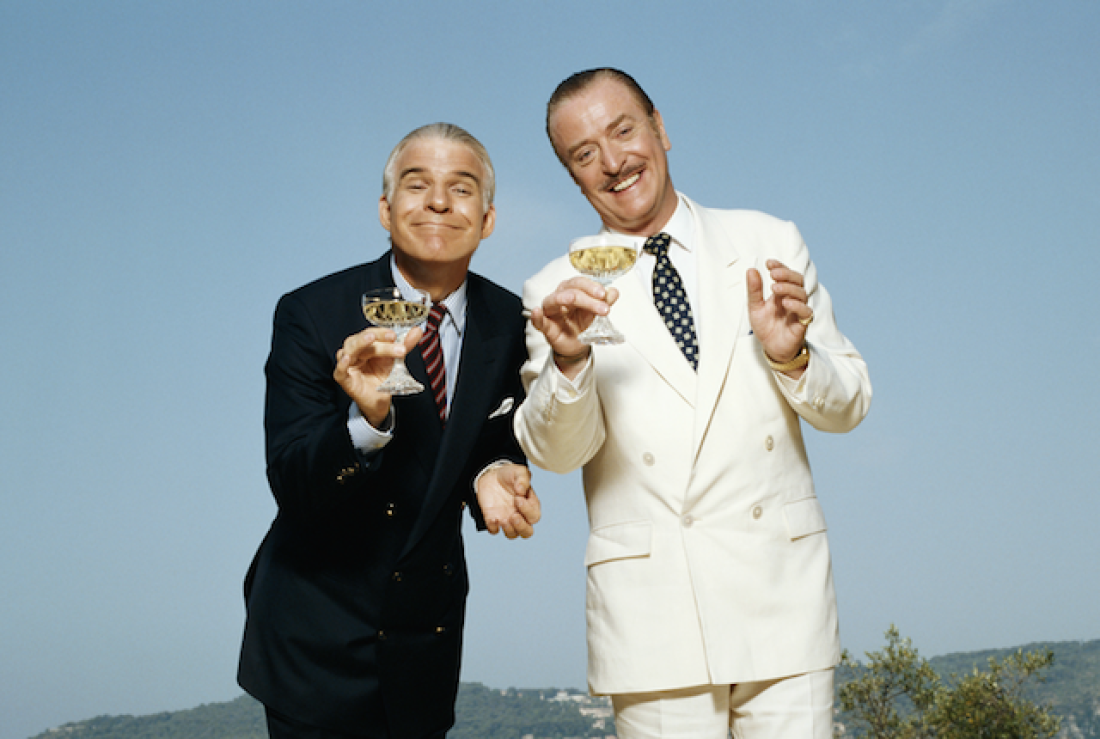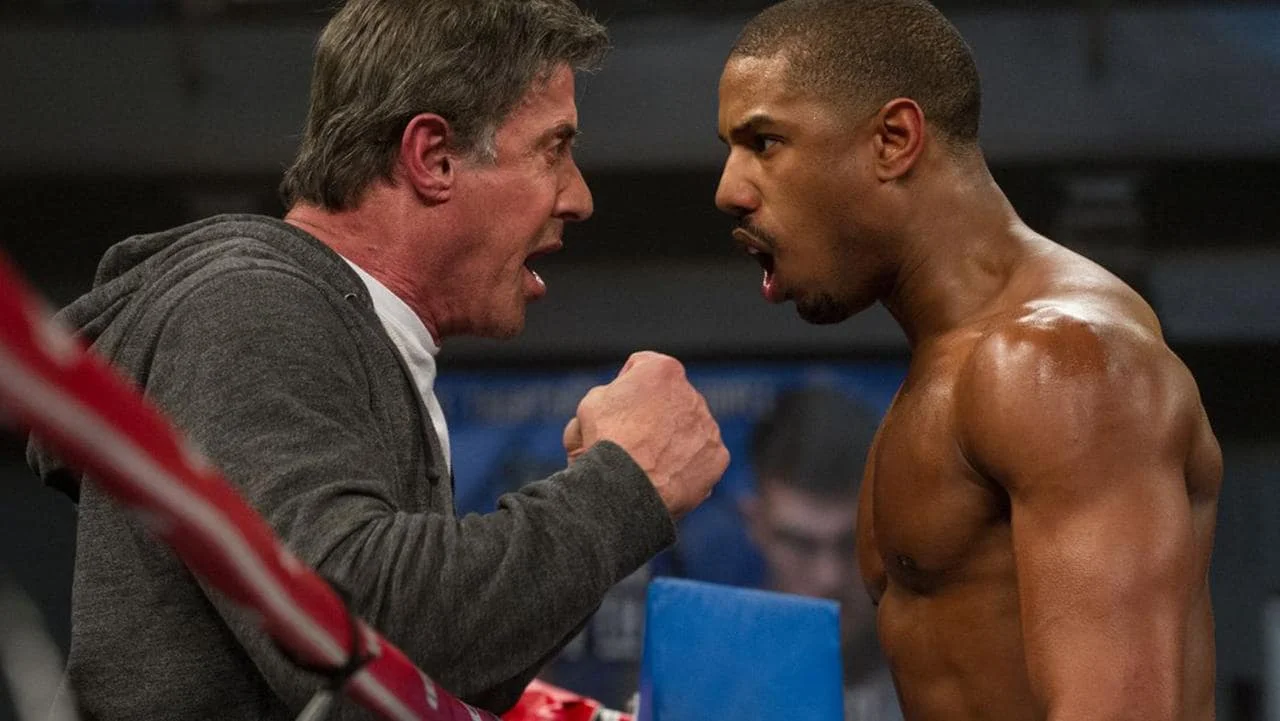Second Time’s a Charm
Trinity Film Review picks out some highs and lows of cinema’s habit of remaking and rebooting classics.
Hollywood’s policy of “if it isn’t broken just remake it” has never seemed stronger. We live in a cinema culture that is thoroughly saturated with remakes and reboots. With Spider-Man: Homecoming just leaving cinemas, It just entering them, Blade Runner 2049 looming on the horizon and, even rumours of a Casablanca remake in the works, Trinity Film Review looks at a handful of remakes/reboots that we love, hate and love to hate.
Footloose (2011)/Dirty Dancing (2017)
original: Footloose (1984)/Dirty Dancing (1987)
These films are being grouped together because neither one deserves its own paragraph. Both are remakes of 1980s classics that have earned their status as both beloved and iconic, and I don’t use such hyperbole lightly. Both films fall hopelessly yet inevitably short of their original. As should have always been obvious to the filmmakers in question, the dancing shoes of Kevin Bacon, Patrick Swayze and Jennifer Grey are far too big for the likes of Kenny Wormald and Colt Prattes to fill.
The 2011 Footloose attempted to reinvent itself as an all out musical, swapping out the music video style sequences of the original with all-singing all-dancing group musical numbers. And in doing so lost all the personal charm of the original. Although, much of that charm was unavoidably relinquished by simple virtue of not having Bacon play Ren McCormack. A similar problem was faced with Dirty Dancing, the filmmakers in that case assigned themselves the impossible task of recreating the chemistry of the original leads. These remakes were doomed to fail in comparison because audiences had never found fault with the originals in the first place.
There’s no point in trying to recreate perfection. Why bother make a new version of Footloose or Dirty Dancing when both originals maintain their popularity and show no signs of fading. Why watch Kenny Wormald when Kevin Bacon is ten times more charismatic? Why try to fall for Colt Prattes when Patrick Swayze is preserved in all his glory just waiting to sweep you off your feet? I think that for a remake or a reboot to be successful is has to bring something to the table that its predecessor didn’t have. It has to revitalise and revolutionise a dormant film, dormant is however not an apt description for the lasting popularity of Footloose and Dirty Dancing. Their respective remakes are very clear examples of the importance of letting sleeping, or perhaps in this case dancing, dogs lie.
- Rebecca Wynne-Walsh
Wonder Woman (2017)
Original: Woman Woman TV Show (1975-79)
Upon leaving the cinema with my nine year old brother I asked him what he loved about Patty Jenkins’ Wonder Woman. He loved the action, the suspense and the storyline. He didn’t mention, nor seem bothered by the fact that the protagonist were female.
Although Gal Gadot’s portrayal of the Amazonian superhero is perhaps not the most progressive depiction of a female character, the simple presence of a female protagonist in such a high grossing blockbuster is progress in itself, as it begins to normalise the idea of the women in primary rather than secondary roles.
The permissibility and success of the remake is largely down to a rapidly modernising society which is slowly becoming accustomed to diversity. Gadot is backed up by a strong female cohort in the form of mentor Robin Wright and mother Connie Nielson, and the opening sequence on the Amazon island of Themyscira is one of the film’s highlights. The novelty of “being female” on screen is subdued as Diana and her fellow women in the absence of men fulfil both typically female and male gender roles. Diana is equally strong and brave as she is empathetic and intuitive, transcending the restrictive barriers of gender stereotyping.
The depiction of Wonder Woman best known to wider audiences up until now was undoubtedly the 1970s television show. While an enjoyable show in itself, this iteration of the superhero existed in the era of Christopher Reeves’ insanely popular Superman, leaving Wonder Woman always in the shadow of her male counterpart. Patty Jenkins’ reboot is a powerful entity in itself which so far is the strongest film out of the current D.C universe. Wonder Woman is certainly not the most singularly revolutionary depiction of a female character on screen but, the film is an exciting indication of the possibility to reboot and redefine previously stereotyped female roles. This is an example of a reboot that is not only done well but timed well and in this way was able to transcend entertainment and enter the realm of cultural importance.
- Ellen Pentony
Rise of the Planet of the Apes
ORiginal: Planet of the Apes (1968)
The continued existence and success of the Planet of The Apes franchise is one of the small quirks that prove just how fantastically weird the Hollywood machine can be. While the original 1968 Planet of the Apes remains the masterpiece of the franchise, the series has surprisingly managed to maintain a high standard quality.
Four fascinating if flawed sequels and a universally despised Tim Burton reboot later and the Apes movies have returned with a major trilogy starring Andy Serkis. The last of these films, War for the Planet of the Apes, was a huge hit with critics and at the box office, leaving 20th Century Fox gearing up for a serious Oscars campaign.
The entire trilogy is a thrilling reworking of the original’s concept (with a loose retelling of the series third, fourth and fifth instalments), detailing the fall of humanity that the original film kept from the audience. Rupert Wyatt's 2011 reboot Rise tells a much different story than what came before, detailing a moral breakdown of humanity from within it's best intentions (the virus that destroys the Earth comes from an attempt to cure Alzheimer’s).
It's two sequels, Rise and War, both directed by Matt Reeves, show the full breakdown of humanity and it's self-destruction, leaving the film open to the 1968 original. The rebooted franchise is a prime example of doing a reboot right, taking a rich concept and thematic base and spinning it into new ideas and stories while remaining respectful of the classic original.
- Dara Mc Wade
The Parent Trap (1998)
ORiginal: The Parent Trap (1961)
Both the 1961 original, and the 1998 remake of The Parent Trap follow the same premise: two identical girls meet each other in summer camp, they soon learn that they are in fact twins who were separated when their parents divorced, they decide to swap places so each can meet the parent they have never known. ''I'll teach you to be me, and you teach me to be you.'' It sounds like a foolproof plan, right?
In the original version Hayley Mills stars as both Sharon McKendrick, the posh twin living in Boston and Susan Evers, the tomboy twin living in California. Whereas the remake stars Lindsay Lohan as Annie James, a posh British girl, living on another continent to her identical twin, Hallie Parker, who like the original is, from California. The decision to base Annie and her mother Elizabeth (Natasha Richardson) in London pays off. Hallie and Annie feel like two individual characters and when they get together it seems far more natural compared to the original
Personally, I prefer the remake, the film is snappy and paced well, while the original feels more laboured and then rushes to the end. The remake has so many moments which keeps me coming back to watch the film today, from the infamous handshake between Annie and Martin, the epic fencing battle ending with “I have class and you don't” to ''Yo tie dye girl'', and the random boy left at an all girls camp desperately trying to get home. Not only was this remake superior to the original, it left me longing for a trip to camp.
- Samantha Mooney
Dirty Rotten Scoundrels (1988)
ORiginal: Bedtime Story (1964)
Dirty Rotten Scoundrels proves that a remake can be as fun and enjoyable as the original was and, as it is with this case, actually improve upon it in virtually every way. Bedtime Story, released in 1964 starred Marlon Brando and David Niven as two con artists; Freddie Benson and Laurence Jamieson who compete over a town in the French Rivera. Later in 1988, Frank Oz directed a remake: Dirty Rotten Scoundrels and cast Steve Martin and Michael Caine as Benson and Jamieson respectively.
The remake retains much of the original plot and dialogue, but it introduces a quicker pace, features stronger performances (due to great chemistry between the two leads) and has a much more impactful climax than the original. Jokes that landed well in the original are delivered with similar perfection and lines that fell flat are restored and have new life in the remake.
Evidently, remakes of good films are not necessarily dull, lazy pursuits. Given new direction, intelligent casting and keen rewriting a remake can become a greater film and not appear as a lifeless carbon copy of a classic. This is important to note with the wave of remakes that are due to come out in the coming years; we should not be so quick to dismiss them based on our affection for the original.
- Oisín WalsH
Creed (2015)
ORiginal: Rocky film series (1976-2006)
After recent movie news, it has become apparent that Ryan Coogler’s Creed is more than just a spin-off to the Rocky franchise. Coogler’s effort is a successful reboot, continuation, and new story within the Rocky universe.
Creed works because it stands as its own movie without relying too heavily on nostalgia for Stallone’s beloved characters and bouts. Coogler chooses to incorporate archive footage that adds more than just exposition, allowing the audience a hint of nostalgia whilst adding depth to the characters. Depth is one of Creed’s biggest strengths, the supporting cast are fully developed and Stallone’s exemplary performance punches well above its weight.
The film itself is expertly crafted, the sound design is handled supremely well. Tessa Thompson’s character is a musician whose work flows across the diegesis naturally, atmospheric and expository when necessary. Philadelphia’s Meek Mill (whose career as a rapper draws parallels to Adonis’ and Rocky’s journeys as boxers) and other hip hop stars fill out the soundtrack, adding vibrancy, flair, and grit. The fighting sequences are outstanding, Coogler’s and Maryse’s execution is stunning. Fights vary from one take epics, boisterous brawls and slo-mo shots. Michael B Jordon repeatedly astounds as both actor and boxer, while always remaining conscious of the history and histrionics of the sport and the film franchise.
Creed never pulls punches and rarely puts a foot wrong, this is a reboot that successfully left fans eagerly awaiting its sequel and the future of the franchise.

